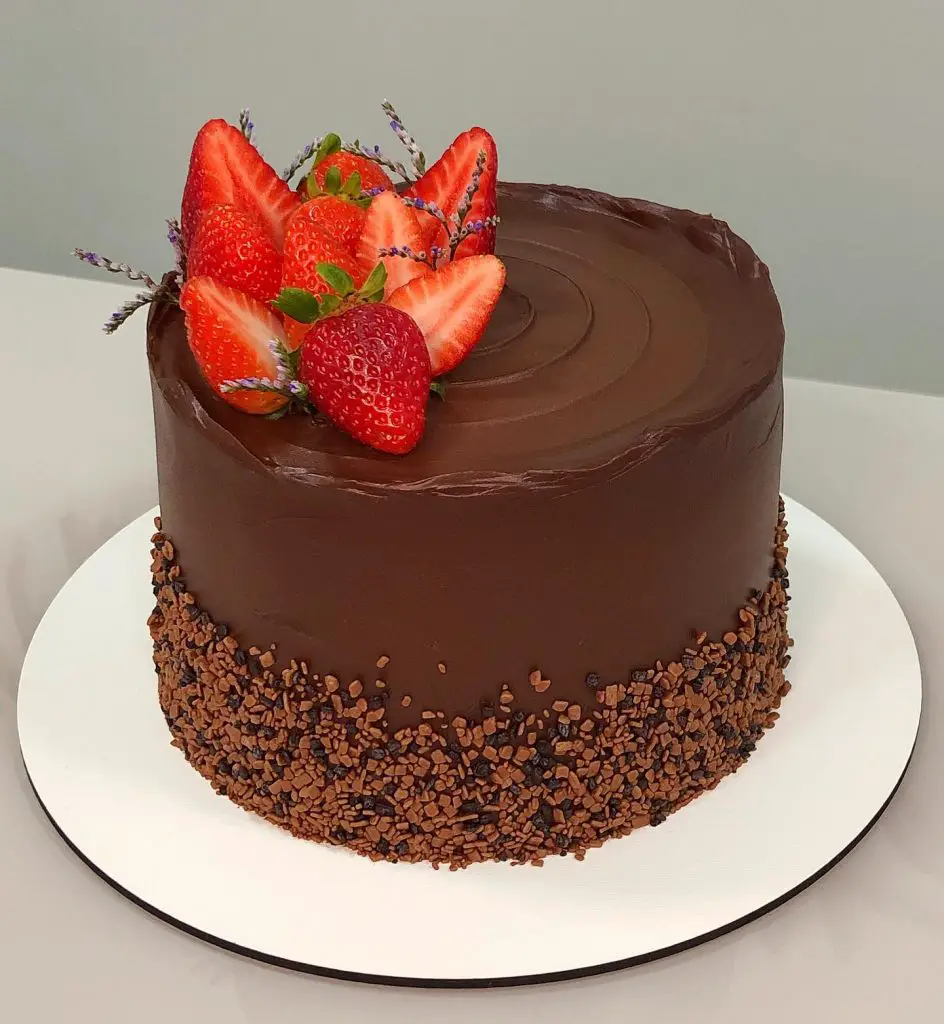
Ingredients
For the sponge
400g/14oz plain flour, plus extra for dusting the tins
4½ tbsp cocoa powder
1½ tsp baking powder
1½ tsp baking soda
180g/6oz dark chocolate, broken into pieces
270ml/½ pint milk
300g/10½oz dark soft brown sugar
180g/6oz salted butter, at room temperature, plus extra for greasing the tins)
300g/10½oz caster sugar
6 large free-range eggs, beaten
For the buttercream
375g/13oz dark chocolate, broken into pieces
375g/13oz double cream
250g/9oz salted butter, at room temperature
500g/1lb 2oz icing sugar
3 tbsp vanilla extract
For the chocolate drip
184g/6½oz dark chocolate, broken into pieces
40g/1½oz salted butter
24g/1oz golden syrup
24g/1oz sunflower oil
To decorate
100g/3½oz dark chocolate, broken into shards
Edible gold lustre dust, for dusting the dark chocolate shards
Method
Preheat the oven to 170C/150C Fan/Gas 3. Grease and line 4 x 20cm/8in sandwich cake tins with baking paper. Dust the tins with flour, then shake out the excess.
Sift the flour, cocoa powder, baking powder and bicarbonate of soda into a bowl.
Bring the chocolate, milk and dark brown sugar to the boil in a heavy-bottomed pan, stirring occasionally, then remove from the heat.
Beat the butter and caster sugar together in a stand mixer or with a handheld electric whisk on a high speed until pale and fluffy. Turn the mixer to low speed and gradually add the eggs until well combined.
Add half of the flour mixture, mix until just combined, then add the rest of the flour mixture. Whilst the chocolate mixture is still hot, carefully add it to the cake batter. Mix until everything is combined and uniform, but do not overmix.
Divide the cake batter between the 4 cake tins, filling each tin up to three quarters full. Place the tins in the centre of the oven and bake for about 30-40 minutes, turning after 20 minutes so they colour evenly.
Once baked, remove the cakes from the oven, cool on a wire rack, then wrap in cling film and store in the fridge.
To make the chocolate buttercream, put the chocolate into a heatproof bowl. Bring the cream to the boil over a medium heat, stirring regularly, then pour the cream over the chocolate and let it stand for a couple of minutes. Stir the ganache briskly until incorporated. If some of the chocolate hasn’t melted, you can heat it for 10 seconds at a time in a microwave.
Place the salted butter in the bowl of a stand mixer. Sift the icing sugar on top, bring the mixture together at a low speed, then beat at high speed for a few minutes until the mixture is pale and fluffy.
Add the vanilla extract, beat to combine, then pour the chocolate ganache into the buttercream and beat until combined.
Remove the cakes from the fridge and trim the tops so they are flat. Place the 18cm/7in non-slip mat on a turntable and put the 20cm/8in cake board on top. Put a dab of buttercream on the cake board and place one of the sponges on top. Spread a 1cm/½in thick layer of buttercream on the top of the sponge.
Place the next sponge on top and repeat this process until you have assembled the 4 sponges on top of one another with 3 layers of buttercream in between. The final top sponge should have the base facing upward. Gently press the top of the stack to ensure the cake is level and free of air bubbles. Place in the fridge for 10 minutes.
Using a knife or a cheese grater, trim the sides of the cake to within a few millimetres of the cake board it’s sitting on. Put 2 spoons of the buttercream on the top of the cake, then spread the buttercream towards the edges and down the sides with a palette knife.
Scrape of any excess. This layer should be very thin, almost translucent in parts. Return the cake to the fridge for 10 minutes.
Put the 25cm/10in non-slip mat on the turntable and place the 30cm/12in cake board on top, along with the cake. Place all but 6 tablespoons of the buttercream on top of the cake.
Gently rock the palette knife back and forth to disperse the buttercream and turn the turntable in the opposite direction to that which you are spreading. Spread the buttercream evenly over the top and down the sides of the cake.
Scrape the excess buttercream off the sides of the cake using the side scraper. Turn the turntable in a fluid motion while ensuring you keep the blade at a 45° against the side of the cake with your other hand. Repeat until you have a nice smooth finish.
Using your palette knife, carefully brush any excess buttercream that’s gathered at the rim of the cake towards the centre, aiming all the time for sharp edges, straight sides and a flat top.
If the buttercream has ‘torn’ in places, dip your palette knife in hot water and use that to smooth over any imperfections. Put the cake back in the fridge for 10 minutes, or until you’re ready for the next stage.
To make the chocolate drip, place the chocolate and butter in a heatproof bowl. Heat in the microwave for 10 seconds at a time, stirring each time, until melted.
Stir in the golden syrup and add half the sunflower oil – if the mixture isn’t ‘drippy’ enough, add the remaining oil and mix until incorporated. Pour into a squeezy bottle or piping bag.
Let the cake stand at room temperature until it’s cool but not cold. The chocolate drip needs to be just warm, not hot. Squeeze the bottle over the rim of the cake to get varying length drips.
Pour the remaining drip mixture in the centre of the top of the cake and spread with a palette knife so it meets the rim. Leave to set.
Either spray or brush the dark chocolate shards with the gold lustre. Fit a piping bag with a star nozzle and fill with the remaining buttercream. Pipe 6 swirls on top of the cake and sit the chocolates on top.
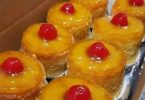
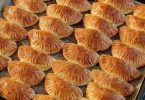
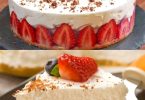
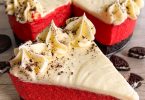
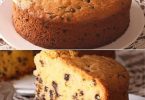
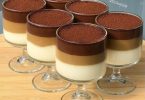

Leave a Comment